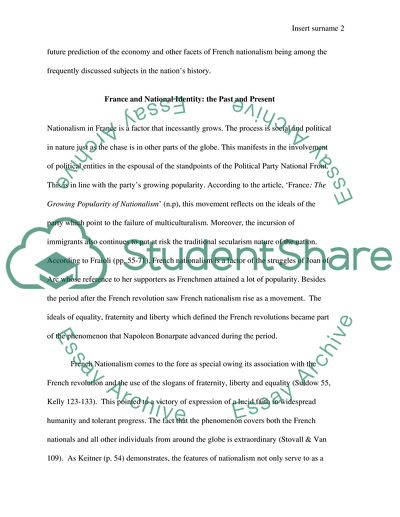Cite this document
(“France Nationalism Essay Example | Topics and Well Written Essays - 2500 words”, n.d.)
Retrieved from https://studentshare.org/history/1637181-france-nationalism
Retrieved from https://studentshare.org/history/1637181-france-nationalism
(France Nationalism Essay Example | Topics and Well Written Essays - 2500 Words)
https://studentshare.org/history/1637181-france-nationalism.
https://studentshare.org/history/1637181-france-nationalism.
“France Nationalism Essay Example | Topics and Well Written Essays - 2500 Words”, n.d. https://studentshare.org/history/1637181-france-nationalism.


